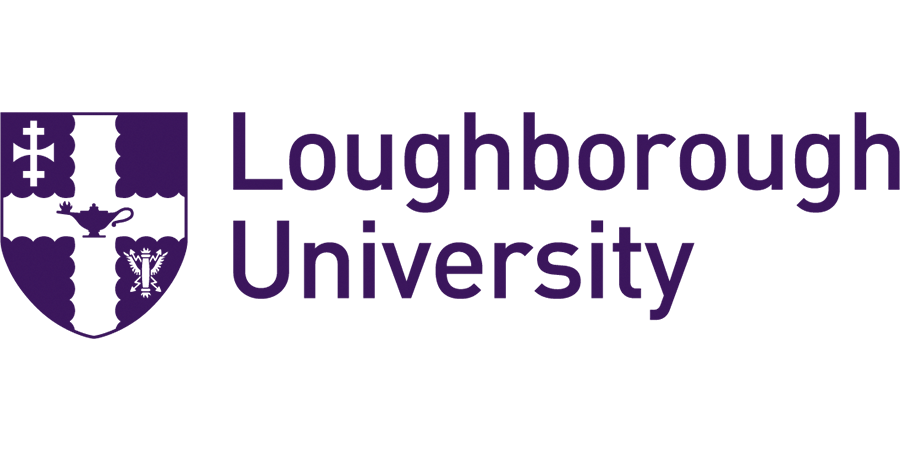PhD Studentship: Environmental Change in High Arctic Lakes: from the Holocene to the Anthropocene
Loughborough University
| Qualification Type: | PhD |
|---|---|
| Location: | Loughborough |
| Funding for: | UK Students, International Students |
| Funding amount: | £20,780 per annum |
| Hours: | Full Time, Part Time |
| Placed On: | 3rd November 2025 |
|---|---|
| Closes: | 7th January 2026 |
| Reference: | CENTA2026-LU08 |
Over the last century, the High Arctic has experienced rapid warming, with the Arctic warming four times as fast the global average since 1979. This has resulted in major impacts to Arctic ecosystems. Lakes are especially sensitive sentinels of such environmental change, responding to climate change directly through changing heat budgets and indirectly to changing catchment stability, hydrology, vegetation and atmospheric deposition, affecting nutrient, sediment and pollutant flux (e.g. Hg, POPs). However, because the Arctic remains so sparsely monitored, documenting such changes and their impact is challenging. Well-dated lake sediments provide an excellent archive of environmental change that offers a long-term perspective on lake-catchment dynamics and integrate changes over the lake-landscape system. Understanding the dynamics of such change is critical to determine the extent of anthropogenic impacts in the High Arctic, provides a palaeoenvironmental context for High Arctic archaeology over the Holocene and delivers fundamental knowledge for forecasting environmental change across the wider Arctic region. This PhD will explore the sediment records of lakes in the ice-free margins of north-east Greenland (~80°N) using diatoms and other proxies to investigate environmental change over both shorter (Anthropocene) and longer (Holocene/Interglacial) timescales, from lakes that lie both above and below the local marine limit.
Entry requirements:
Applicants will normally need to hold, or expect to gain, at least a 2:1 degree (or equivalent) in Geography, Biology/Marine Biology, Chemistry, Earth Science, Geology or Environmental Science or an appropriate Master’s degree.
English language requirements:
Applicants must meet the minimum English language requirements. Further details are available on the International website.
Funding information:
This studentship which is partially funded by NERC, provides a tax-free stipend of £20780 per annum (in 2025/26) and tuition fees at the UK rate for 3.5 years. It also provides a Research Training Support Grant (RTSG) of £8,000. Due to UKRI funding rules, no more than 30% of the studentships funded by this grant can be awarded to International candidates, but successful International candidates will have the difference between the UK and International tuition fees provided by the University.
How to apply:
- Complete a CENTA studentship application form in Word format (available from https://centa.ac.uk/apply/) under the ‘Our project-based studentships’ section on that page.
- All applications should be made online. Under Campus, please select ‘Loughborough’ and select the Programme “Department of Geography and Environment”. Please quote the advertised reference number CENTA2026-LU08 in your online application. During the online application process, upload the CENTA studentship application form and a CV in addition to the other required minimum supporting documents.
- Application closing date is midnight (UK time) on Wednesday January 7th 2026. Interviews for short-listed candidates are expected to be held sometime in the period Monday February 2nd – Friday February 13th 2026.
Advert information
Type / Role:
Subject Area(s):
Location(s):









